How the stage leads to stardom
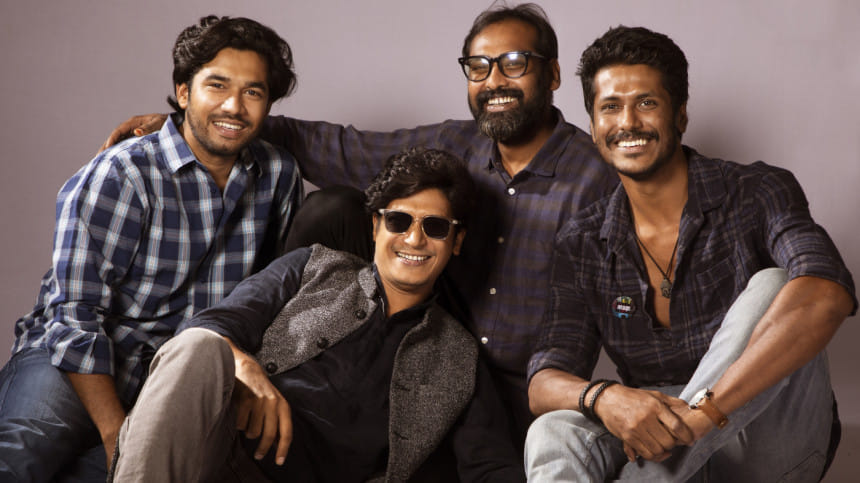
Amidst the many benefits that the rise of OTT has afforded the entertainment industry, the rise of proven theatre actors to perpetual stardom is exemplary.
Whether it be Mostafizur Noor Imran as Moloy in "Mohanagar", Shohel Mondol as Montu in "Taqdeer", Sharif Siraj as "Jackson Bhai" in "YouTumor" or Khairul Basar as Munna in "Networker Baire"— these stars have found their breakthrough roles, and never had to look back.

"OTT is not just a blessing for actors to explore themselves, but it benefits the industry as a whole," says Mostafizur Noor Imran, who has showcased versatility with every character that he plays. "The fact that our work can be accessed internationally, means that our prowess and limitations are both available for the world to see."
Mostafizur—the founder of Theater Repertory, Bagerhat—began his journey in the Bagerhat Theatre. His maternal grandfather was also a prominent theatre artiste, and shares a great resemblance with the actor.

According to Sharif Siraj, web platforms have diversified the market and, everybody is getting a fair chance to prove themselves. Many prominent faces are also rediscovering themselves because of the demanding scripts. "Not every artiste is getting recognition, only the deserving ones are -- and this is how it should be," he said. "My peers from university believed that I have similarities with Jackson Bhai in real life, the character was surely improvised, yet it had shades of Sharif Siraj as well."
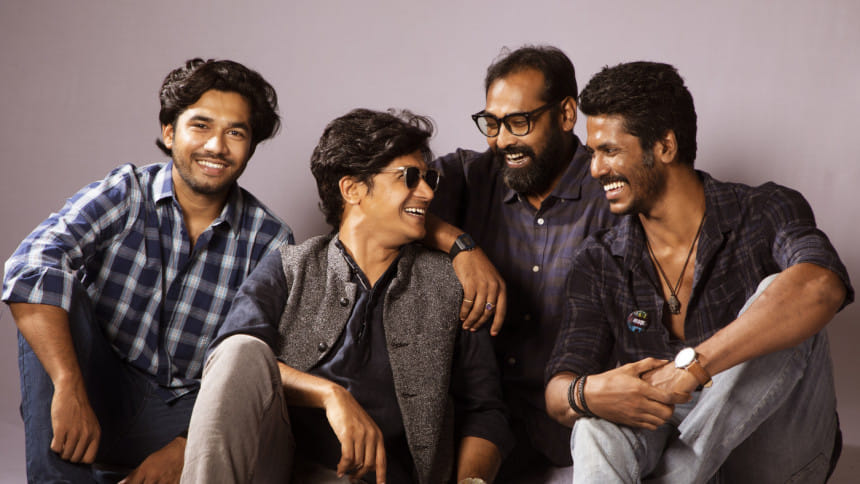
The actor belongs to a family of artistes. His father was a well-known 'Jatra' artiste, whom Siraj grew up watching. Embarking on the same path, Siraj got his acting chops from the great Jamil Ahmed.
"Due to OTT, audition culture has been begun, a trend that has been followed internationally for a long time," adds Siraj.
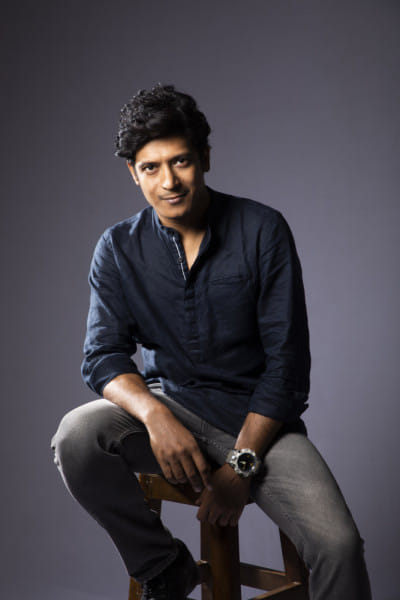
"To create a good product, you need a good team – while this is true for all mediums, it is being followed by OTT," mentions Shohel, who is a member of the popular theatre troupe Prachyanat.
Shohel notes that theatre is an 'actors' medium, whereas television, OTT, and films are writer's and director's playground of expression. "In theatre, we get enough time to prepare for a character. Usually, we practice for six months, and by the time, we start living in the role. However, in other visual media, it we are simply not afforded that luxury."
"For actors, theatre will always be more challenging, since they are responsible for convincing their activities to the audience," adds Siraj. "When I am performing live, I have to interact with the audience, I get instant gratification from them. "
Khairul Basar added, "On screen, we can easily play tricks, which can be further edited the way director wants. However, on the stage, it is not possible. Also, the satisfaction that comes from living your role on the stage is undeniable."
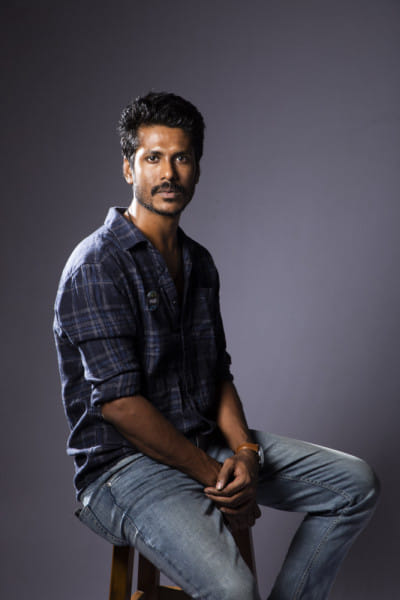
Khairul Basar began his journey as a mime artiste. "Mime, which is dependent on gestures, is also a part of theatre. The basics of theatre is same for all."
Coming to the limitations and other technical issues, the actors agree, argue and share their process of acting and micro-managing their work.
"We have to carry on our acting truthfully under the suspension of disbelief," states Mostafizur, who explains this is one of the methods taught in theatre. "I am a reaction-dependent actor. I don't act, but react; thus, it gets difficult for me when I haven't rehearsed with my co-artiste. It happens in most of the cases on the screen." As a part of his job, he tries to observe the character he will be sharing the screen with, when they are performing. "For retakes, I always demand the reasons for it, since the director has a different vision towards the role than I have."
"Whatever we have learnt, we try to imitate -- but in has a sign of our own. We have to discover the character and adapt it" shares Shohel. "We don't follow any particular method consciously, we are not even bound to, it rather blends with our individual psyche and brings out a new character," adds Mostafizur.
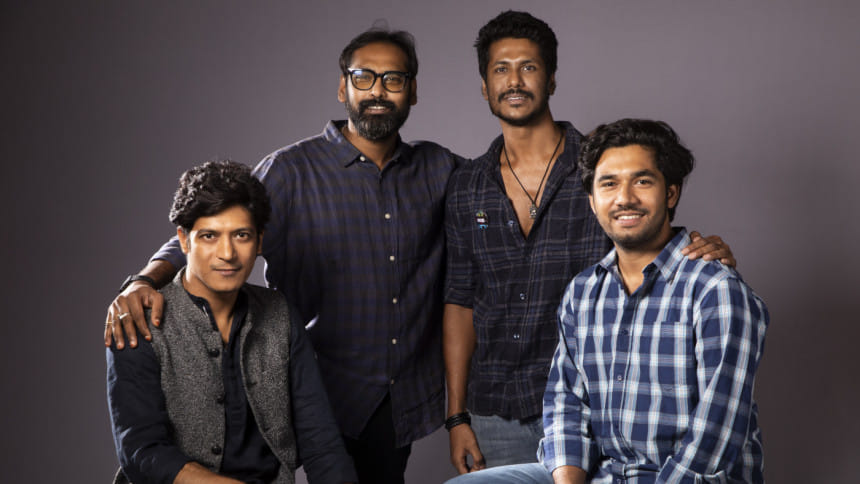
Certain terms of acting are often implemented by theatre actors—Stanislavski's Method, The Chekhov Acting Technique, Method Acting, Meisner Acting Technique, and Practical Aesthetics Acting Technique.
Lee Strasberg and Konstantin Sergeyevich Stanislavsky have been applied more in visual media. These methods became popular since they were documented, and reached the people.
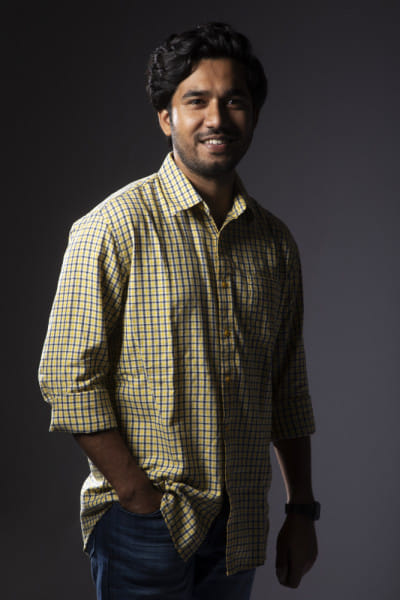
Khairul Basar sheds light on the fact that on the screen, improvisation is king. "In theatre, improvisation helps us improve our acting." Basar also adds that for stage shows, it is only possible review and improve one's performance in the next outing.
The four actors, who are still at the early stages of their career, have already stamped their authority on the newly rising OTT industry of Bangladesh. If the platform still stays true to itself, we will hopefully get many more successful stars.

 For all latest news, follow The Daily Star's Google News channel.
For all latest news, follow The Daily Star's Google News channel. 



Comments